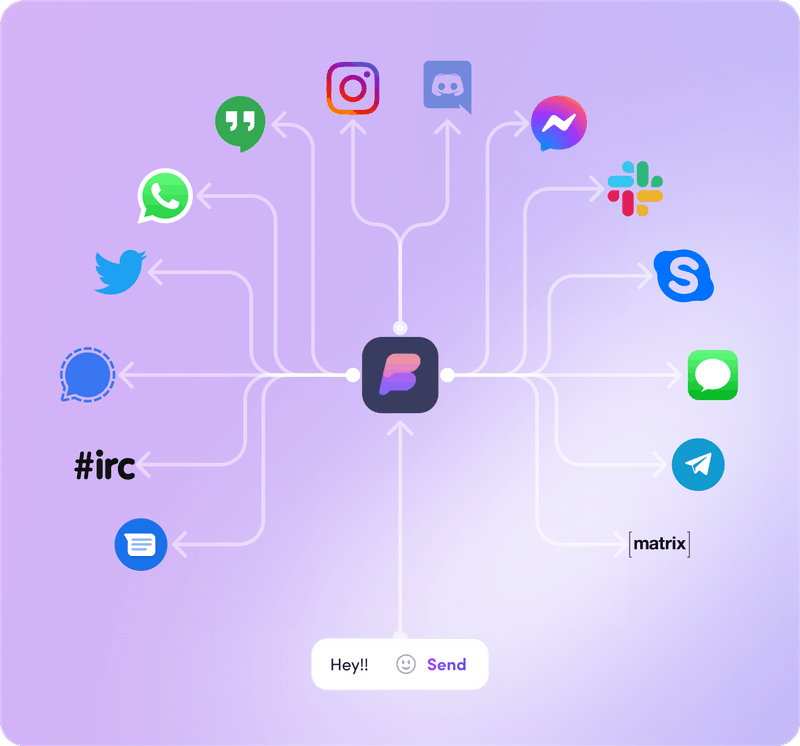We live in incredible times with such possibilities that is clear. Although its easily dismissed reading how Zuckerberg wants to dodge EU fines, the AI Brad Pitt scam and when will the car data grab stop?
To quote Buckminster Fuller “You never change things by fighting the existing reality. To change something, build a new model that makes the existing model obsolete.”
You are seeing aspects of this with Meta running scared of Fediverse links, large scale eink displays and the EU are on Musks case.
Cover your tracks?
Ian thinks: The EFF highlights how fingerprinting works using your own browser data. It seems so harmless but the site runs you through the identifying information and how unique you are to advertisers. Its eye opening and worth 5 minutes of your time.
Is Biden right in his warning of ‘tech-industrial complex’ and oligarchy undercutting US democracy?
Ian thinks: There has been a lot said about Biden’s last words before handing over to the trump presidency. I found the German broadcasters summary pretty good in explaining what a tech oligarchy means for us all. Also worth listening to Tech won’t save us deeper discussion on the same point.
Kurt Vonnegut’s letter to the future
Ian thinks: This letter beautifully written and read for us in the future, has a lot to think about right now. Quoting @andtobin’s comment for the video… “Kurt Vonnegut, always having the right of it. Benedict Cumberbatch, always reiterating the message perfectly.”
Luddites with mechanical eyes?
Ian thinks: Although Marx has talked about the Luddites term in the past, this updated insight is worth hearing, as written in his Futurism post. Looking and understanding of systems and technology like a mechanic is key to the decisions of these so called Luddites. I would describe it similarly to how hackers see the world.
Swiping to see if your home still exists
Ian thinks: A conversation between Sinek and Mills is emotional but digs deep into the problems of competition and true metrics. Although an American focus, there is a lot learn from this interview, especially around the importance of public services. We all need more of this.
Charlie LLM meets your Solid pod?
Ian thinks: This update from Tim Berners-Lee is a positive sign towards an AI agent using only your controllable data. I would still like to see Solid, use the human data interaction guidelines, as this would bring a level of autonomy to everything. However, one step at a time?
Nations fall without women rights
Ian thinks: The more sexist a nation the more fragile the nation is the core message in this economist short documentary. Its pretty self evident but this pulls together a lot of research from across the world. This is a message which isn’t getting through, especially with the recent call for more masculine energy. Its time this changed!
How we fell in love with plastic?
Ian thinks: This podcast, although obvious in nature doesn’t just chart how we got so in love with plastics but also delves deep into what we should do. Focusing on making the polluters pay, it pulls together a number of high profiles legal cases and points the way to change our love for plastics.
The second renaissance: A matrix fan fiction
Ian thinks: The matrix is already well established and a clear warning when looking at the current AI resolution. This fan fiction is striking and right on point as another warning of where we are and where we may end up if things are left to fear and ego.
Find the archive here






















